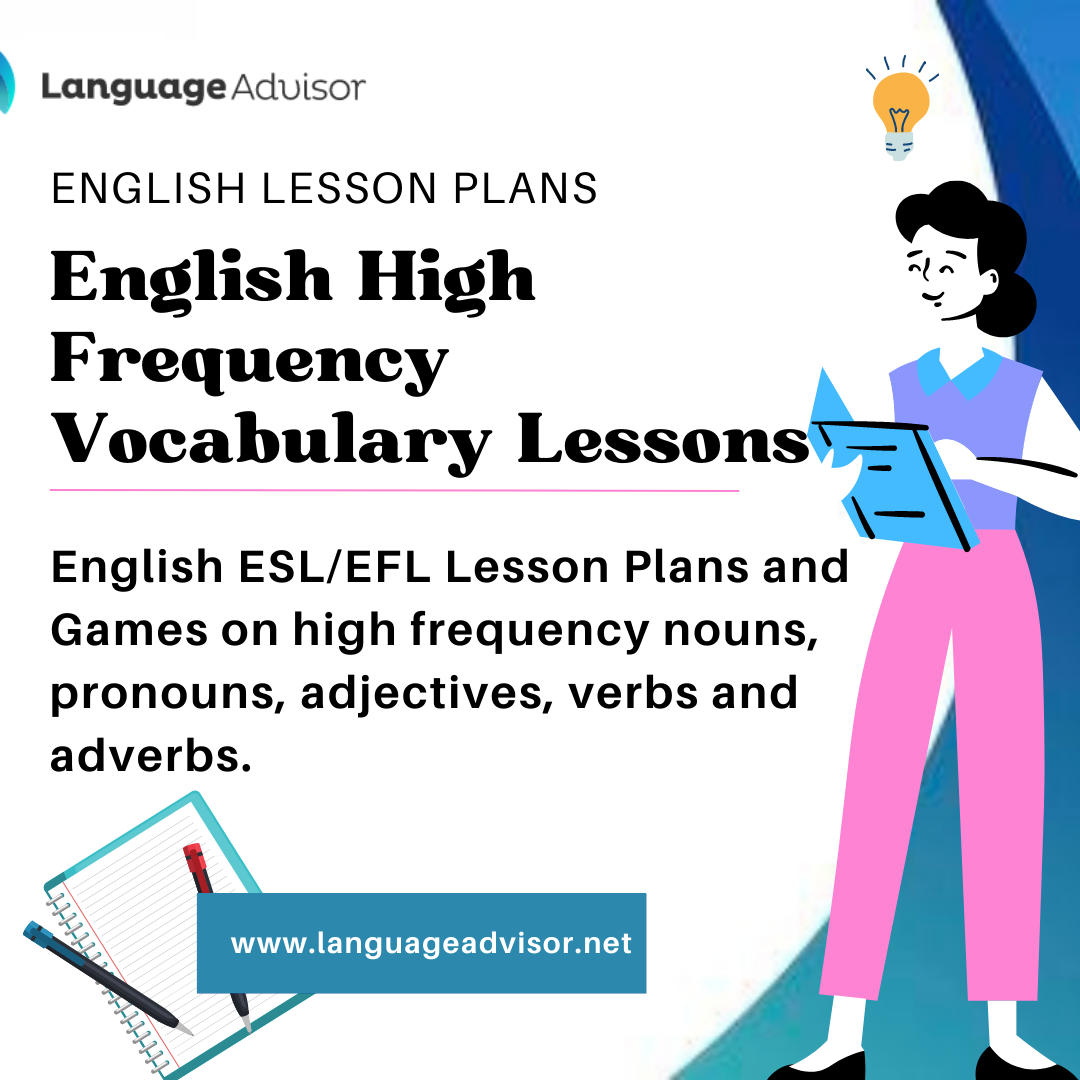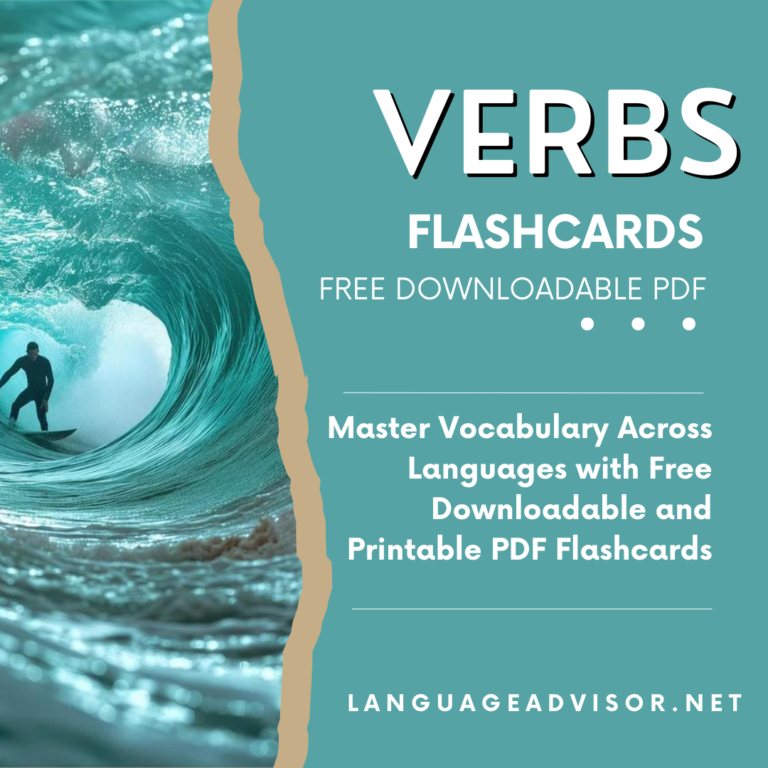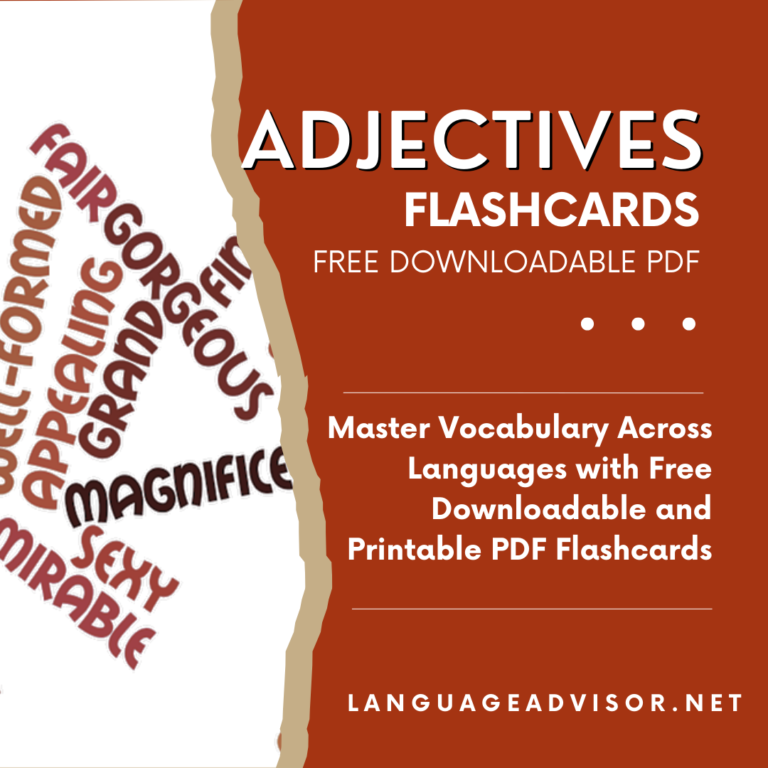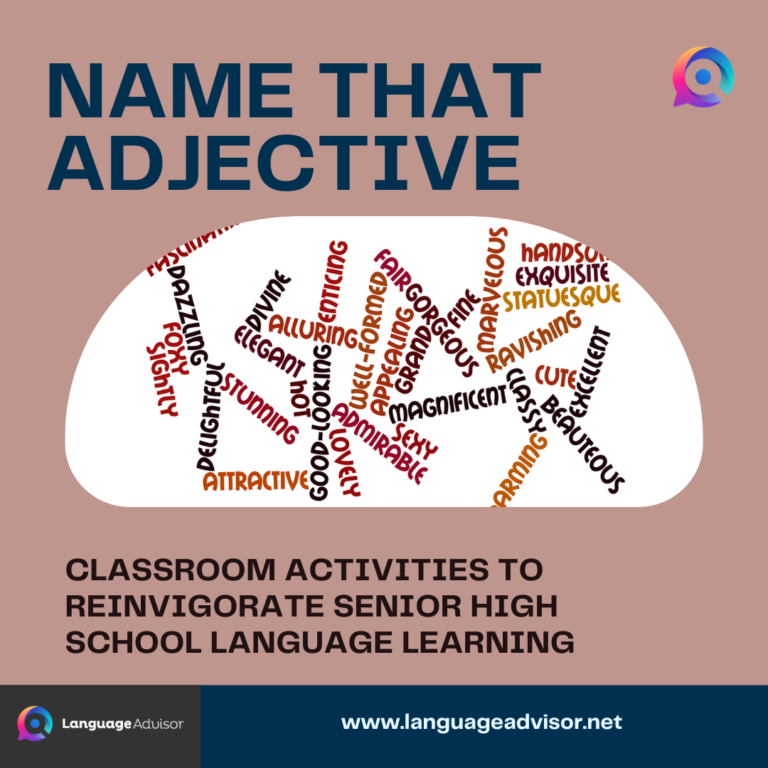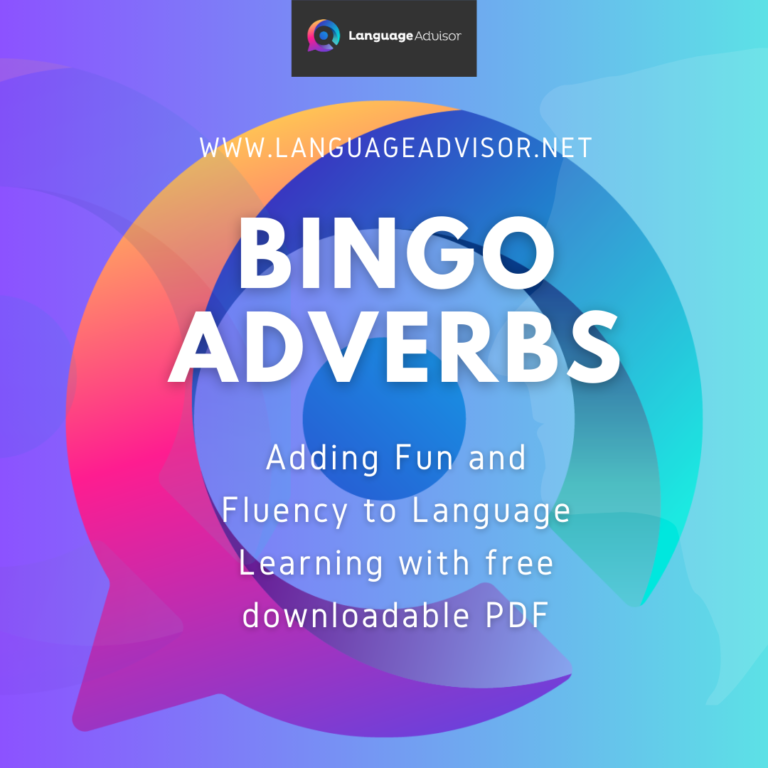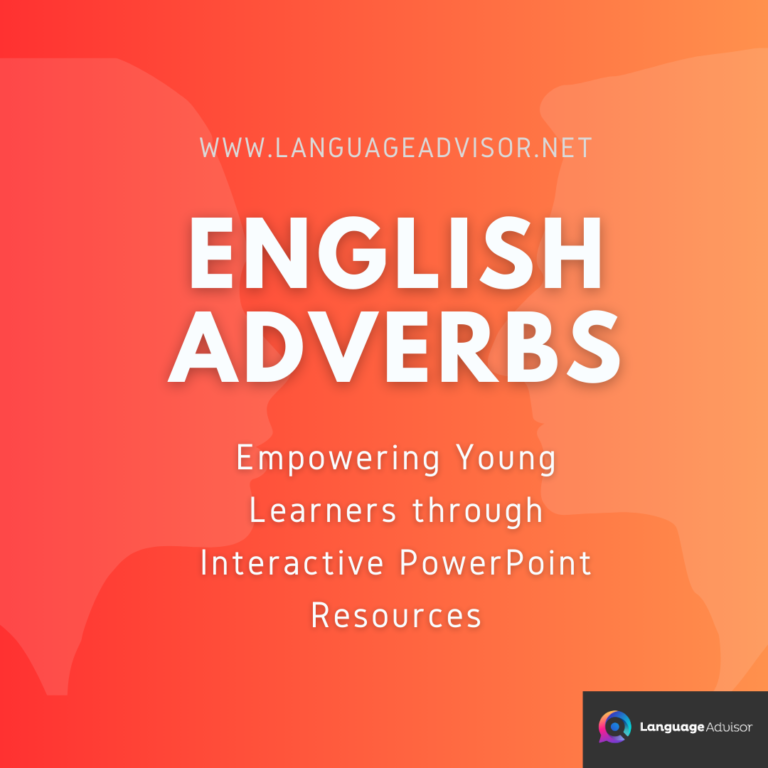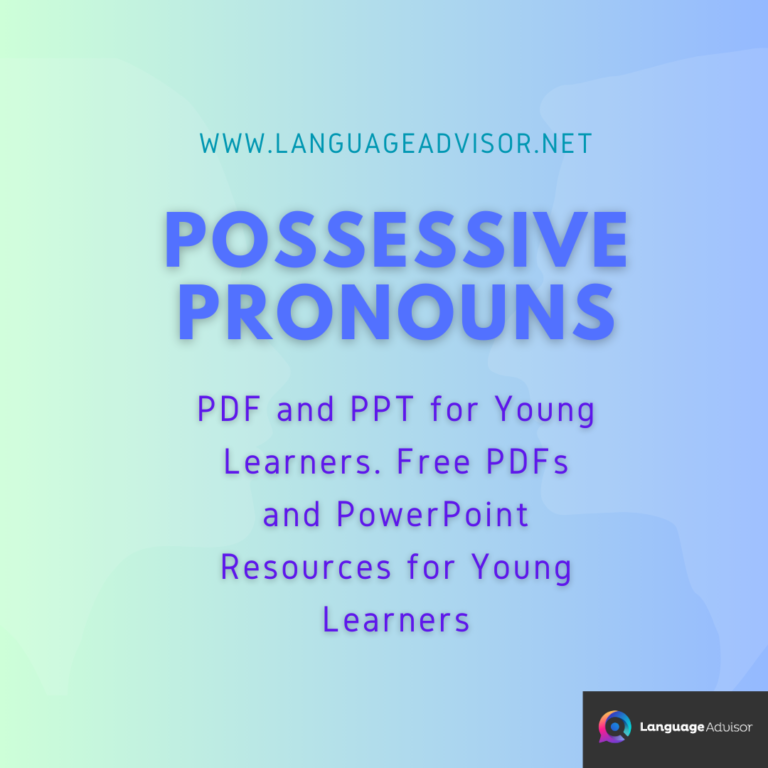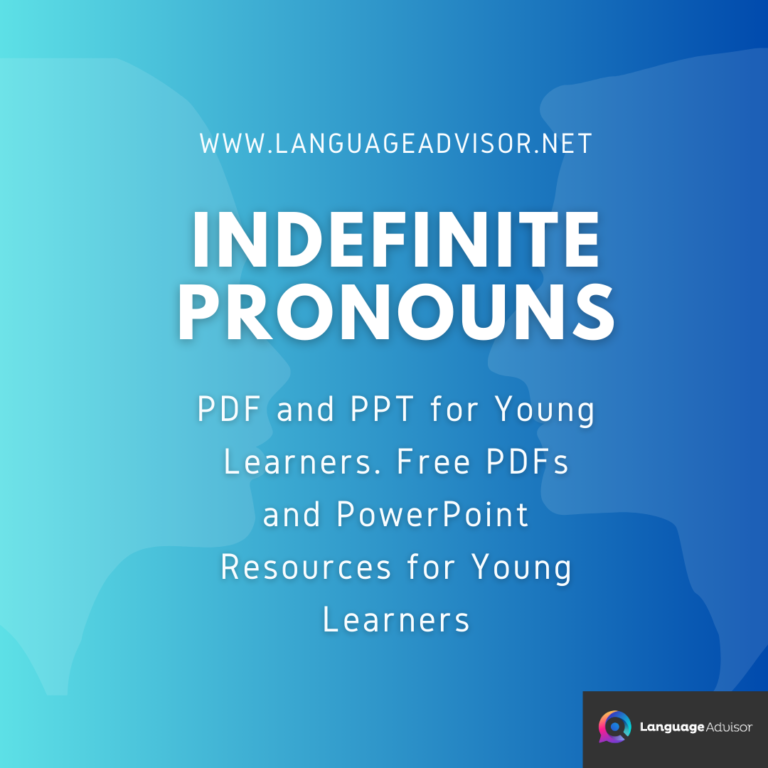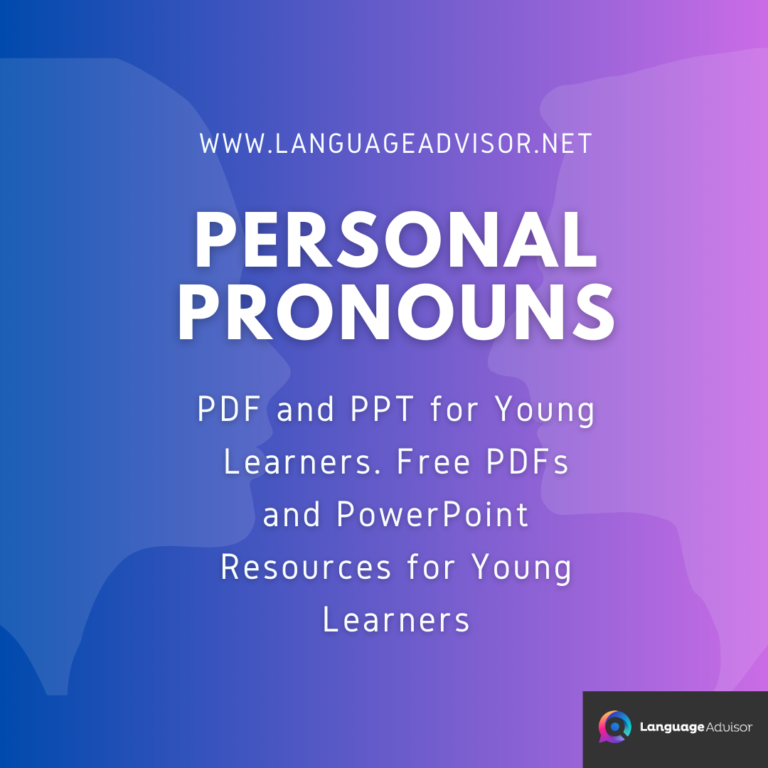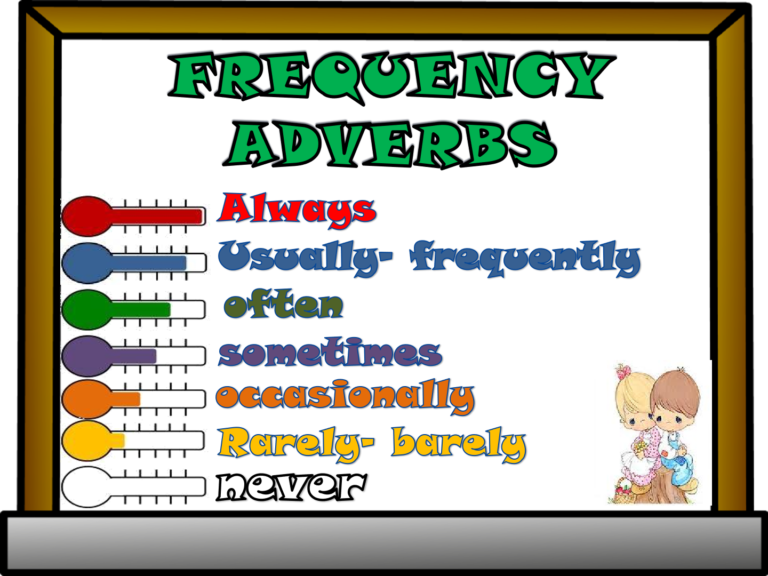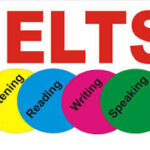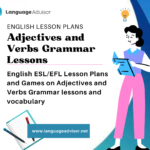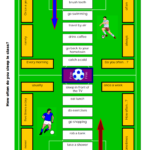English High Frequency Vocabulary Lessons. English ESL/EFL Lesson Plans and Games on high frequency nouns, pronouns, adjectives, verbs and adverbs.
English High Frequency Vocabulary Lessons

Lesson plans
Here you can find a wide range of full lesson plans to use in your classroom.
All of our lessons are designed around themes engaging and relevant to English ESL-EFL learners and can be used to complement your school curriculum, giving students an opportunity to develop their English language and skills in motivating and enjoyable ways.
These lesson plans focus on classroom games and activities oriented around meaningful practice of grammar items in English. The vast majority of the activities have been designed to be simple and easy to apply, without requiring much in the way of additional resources or materials. Wherever possible, games have been presented in a way that makes full use of any natural or genuine communicative aspects embodied in the grammar constructions, though while there is emphasis on understanding the grammar and its functional and communicative aspects, most of the games also highlight the importance of using the grammar accurately.
These lesson plans are intended as a starting point for teachers to adapt and build their own stock of in-class games and activities that can be applied relatively quickly and easily.





English High Frequency Vocabulary Lessons
English High Frequency Vocabulary Lessons: Here are five lesson plans on English Vocabulary


High Frequency Noun Vocabulary Lesson
Objectives:
To expose the students to common English nouns in order to increase their
vocabulary and thereby their understanding of the English language.
Presentation:
– Review what a noun is. A noun names a person, place, thing, or animal.
– Give the students the list of 32 new nouns to commit to memory and some the students should already be familiar with and others will be review.
1. afternoon =
2. age =
3. animal =
4. art =
5. baby =
6. bathroom =
7. boat =
8. business =
9. center =
10. clock =
11. country =
12. date =
13. direction =
14. earth =
15. friend =
16. future =
17. game =
18. health =
19. house =
20. idea =
21. job =
22. life =
23. law =
24. moment =
25. nature =
26. object =
27. purpose =
28. question =
29. reason =
30. system =
31. soul =
32. truth =
Practice:
– See if students can immediately take these new words and construct sentences with them.
-Have the class give one sentence for each new word, so that there should be a total of 32 sentences at the end of the class period.
Homework:
Have the students practice these words and try to commit them to memory.







High Frequency Pronoun Vocabulary Lesson
Objectives:
To expose the students to common English pronouns in order to increase their vocabulary and thereby their understanding of the English language.
Presentation:
– Review what a pronoun is. It is a word that takes the place of a noun.
– Give the students the new list of pronouns.
1. anyone =
2. anything =
3. everyone =
4. everything =
5. I =
6. it =
7. nothing =
8. someone =
9. something =
10. myself =
Practice:
– Have the students practice using the words in sentences they create.
– Then have the students share them with the entire class comparing and contrasting their sentences with each other. Perhaps pairing up the students to help one another use the pronouns correctly is a good idea.
– At the end of the class there should be 10 correct sentences on the chalkboard with the above pronouns used correctly in each.
Homework:
Have the students continue their practice with the previous day’s nouns and today’s pronouns by writing 10 sentences to share with the class.







High Frequency Adjectives Vocabulary Lesson
Objectives:
To expose the students to common English adjectives in order to increase their vocabulary and thereby their understanding of the English language.
Presentation:
– Review what an adjective is. It is a word that describes a noun or a pronoun.
– Give the students the new list of 25 adjectives, some of which maybe a review of already introduced words.
1. alone =
2. bright =
3. dead =
4. different =
5. dry =
6. easy =
7. fair =
8. fresh =
9. famous =
10. human =
11. important =
12. late =
13. last =
14. modern =
15. natural =
16. only =
17. possible =
18. quiet =
19. ready =
20. several =
21. simple =
22. true =
23. various =
24. wise =
25. wild =
Practice:
– Have the students try to draw the meaning of these words in their notebooks so that they can attempt to commit these words to memory. Have them get creative for the more difficult words to pictorially present.
Homework:
Have the students finish the above task at home if they have not already completed it by the end of the class period. Again emphasize that they need to keep up on all the words introduced in the past few lessons.







High Frequency Verbs Vocabulary Lesson
Objective:
To expose the students to common English verbs in order to increase their
vocabulary and thereby their understanding of the English language
Presentation:
– Review what a verb is. It is a word that shows action or expresses time and it is important to a sentence.
– Give the students the new list of 30 verbs, some of which maybe a review of already introduced words.
1. accept =
2. ask =
3. arrive =
4. belong =
5. consider =
6. command =
7. discover =
8. dream =
9. doubt =
10. escape =
11. force =
12. hope =
13. include =
14. join =
15. kiss =
16. laugh =
17. learn =
18. like =
19. love =
20. matter =
21. need =
22. offer =
23. promise =
24. realize =
25. remember =
26. suppose =
27. thank =
28. use =
29. want =
30. wonder =
Practice:
– Have the students use the above new verbs in their own sentences.
Homework:
Continue to tell the students to work on all the new vocabulary presented.





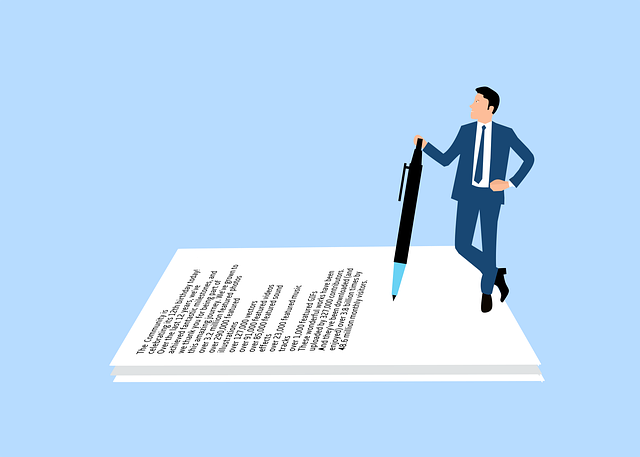

High Frequency Adverbs Vocabulary Lesson
Objective:
To expose the students to common English adverbs in order to increase their
vocabulary and thereby their understanding of the English language.
Presentation:
– Review what an adverb is. It is a word that modifies a verb, adjective, or another adverb by expressing time, place, manner, or degree.
– Give the students the new list of 16 adverbs, some of which maybe a review of already introduced words.
1. again =
2. almost =
3. always =
4. certainly =
5. finally =
6. instead =
7. never =
8. often =
9. probably =
10. rather =
11. suddenly =
12. sometimes =
13. usually =
14. very =
15. once =
16. also =
– Give examples for how adverbs are used within sentence structure.
– Format does not always have to go Subject + adverb + verb, but that is the easiest way to present this material.
– Ex. I always remember to wash my face.
She sometimes drives to school.
We usually come to class late.
Practice:
– Have the students try to construct sentences using these new words.
Homework:
Review all five lessons of new vocabulary for the next lesson where a game will be played to see how well the information was retained.





English High Frequency Vocabulary Lessons: Also Check out these resources on English Vocabulary






